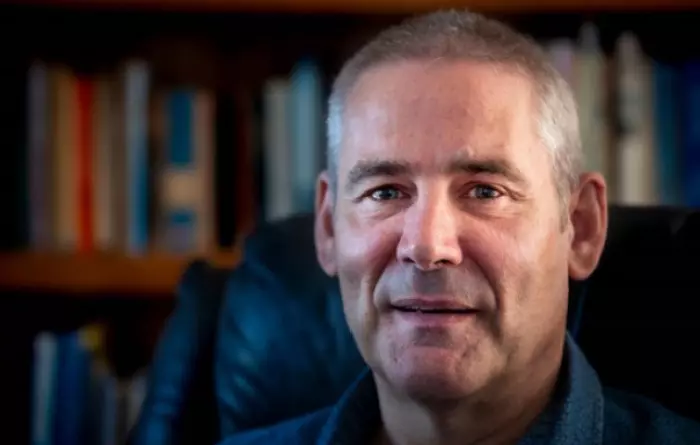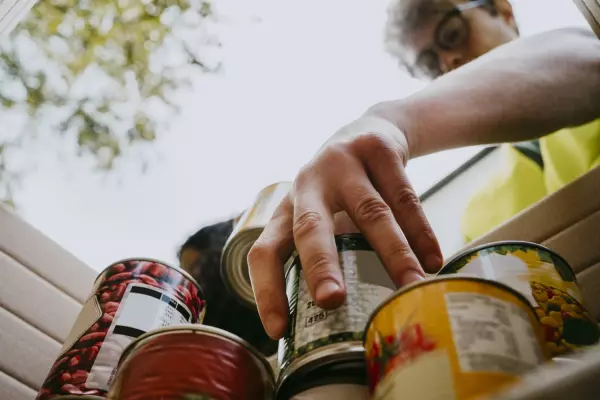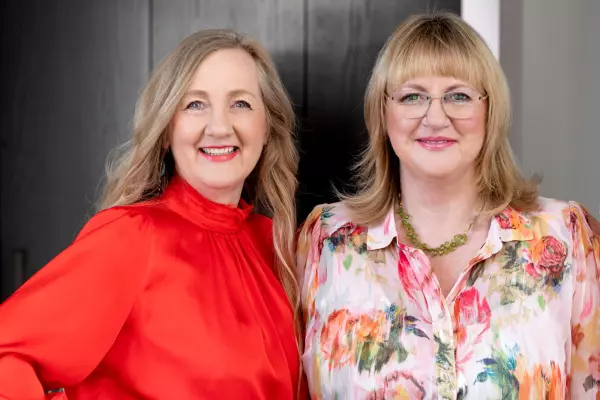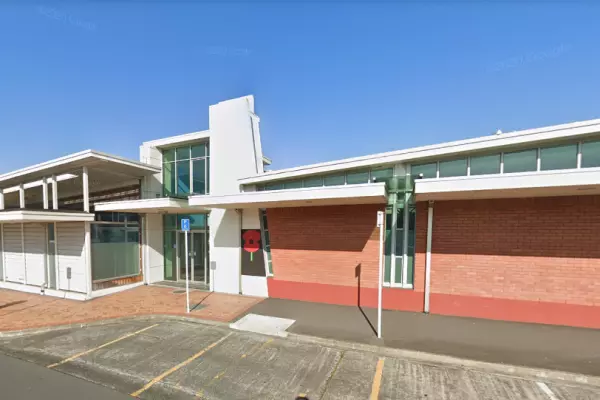Boys who suffered sexual abuse at Dilworth have rejected the school’s proposed $200,000 financial limit on their compensation.
They have accused the school of “trying to control the process to minimise its financial exposure”.
More than 130 survivors have joined the Dilworth class action.
A complaint was filed with the Human Rights Commission in 2021 against the school for failing to protect all students in its care from the systematic sexual abuse that occurred there between 1970 and 2006.
An independent inquiry at Dilworth School, led by Silvia Cartwright and Frances Joychild QC, started on July 1. It aims to examine the full extent of the school’s staff and trustees' knowledge and actions relating to the abuse.
Dilworth has also set up its own redress programme, which it claims will be managed independently of the trust board.
The all-boys boarding school has proposed setting the cap on financial redress at $200,000, or up to $300,000 in exceptional cases.
A survey of 50 class action members found that all but one (98%) thought it was inappropriate for Dilworth to set a limit and that the sum was insufficient.
The respondents were more split on who should decide the maximum amount of compensation available, with more than 40% choosing the independent inquiry.
Neil Harding, survivor and Dilworth class action representative, said: “When we asked our survivor group for their views on whether it is appropriate for Dilworth to be setting a cap on the amount of financial redress and whether the cap of $200,000 is sufficient, 98% of respondents answered no.
“It is clear from the feedback that survivors of sexual abuse believe it is entirely inappropriate that Dilworth, as the enablers and perpetrators of the abuse, should not make, or influence in any way, the setting of financial redress. Further, by setting a cap Dilworth is trying to control the process to minimise its financial exposure.”
Board expenses
The school’s board expenses have come under question as well. Its annual report for the 12 months to January 31, 2021, shows that six trustees received $561,875 in remuneration, an average of $93,646 each. Aaron Snodgrass, as chair, is likely to receive more than that.
This far exceeds other schools. Auckland Grammar School pays, on average, $6,435 per trustee, St Peter’s $11,833 and Kristin School, Diocesan School for Girls and St Cuthberts do not pay their board members.
“We would question how the Dilworth trust board has calculated how much each survivor’s pain and suffering is worth as a result of the sexual abuse they experienced while attending Dilworth, given each trustee of the Dilworth trust board is paid over $90,000 each and every year,” said Harding.
The Class Action group has previously called for Snodgrass and deputy board chair Brian Maltby to resign.
In a December 2021 statement, it said: “They have both been part of a board which knowingly covered up horrendous sexual abuse against hundreds of vulnerable young boys. The cover-up involved the deliberate silencing of boys for over 30 years who complained that they were being sexually abused, allowing the otherwise avoidable abuse of many, many more boys.
“Instead of reporting the abuse to the authorities, the trust board, including Mr Snodgrass and Mr Maltby, chose to submit misleading affidavits to the court to support the granting of name suppression for Dilworth. We understand this happened on a number of occasions.”
Independent inquiry
A spokesperson for Dilworth said: "The Dilworth trust board has launched an independent inquiry into the nature and extent of abuse at Dilworth School. In addition, the board has launched a wellness unit that is currently providing old boy survivors with support, referrals and access to counselling and other support services.
"The board will also soon launch an independent redress programme for old boy survivors. We are in the process of finalising this programme, including the appointment of the fully independent panel for the redress programme.
"To date, the feedback provided by old boy survivors and their representatives has changed and enhanced the redress programme terms of reference. Their feedback was equally valued in the development of the independent inquiry including the appointment of the Inquirers for this programme.
"To safeguard and preserve the independence of these programmes, Aaron Snodgrass will not be doing any media interviews or providing written commentary until after the independent inquiry has produced its report."















